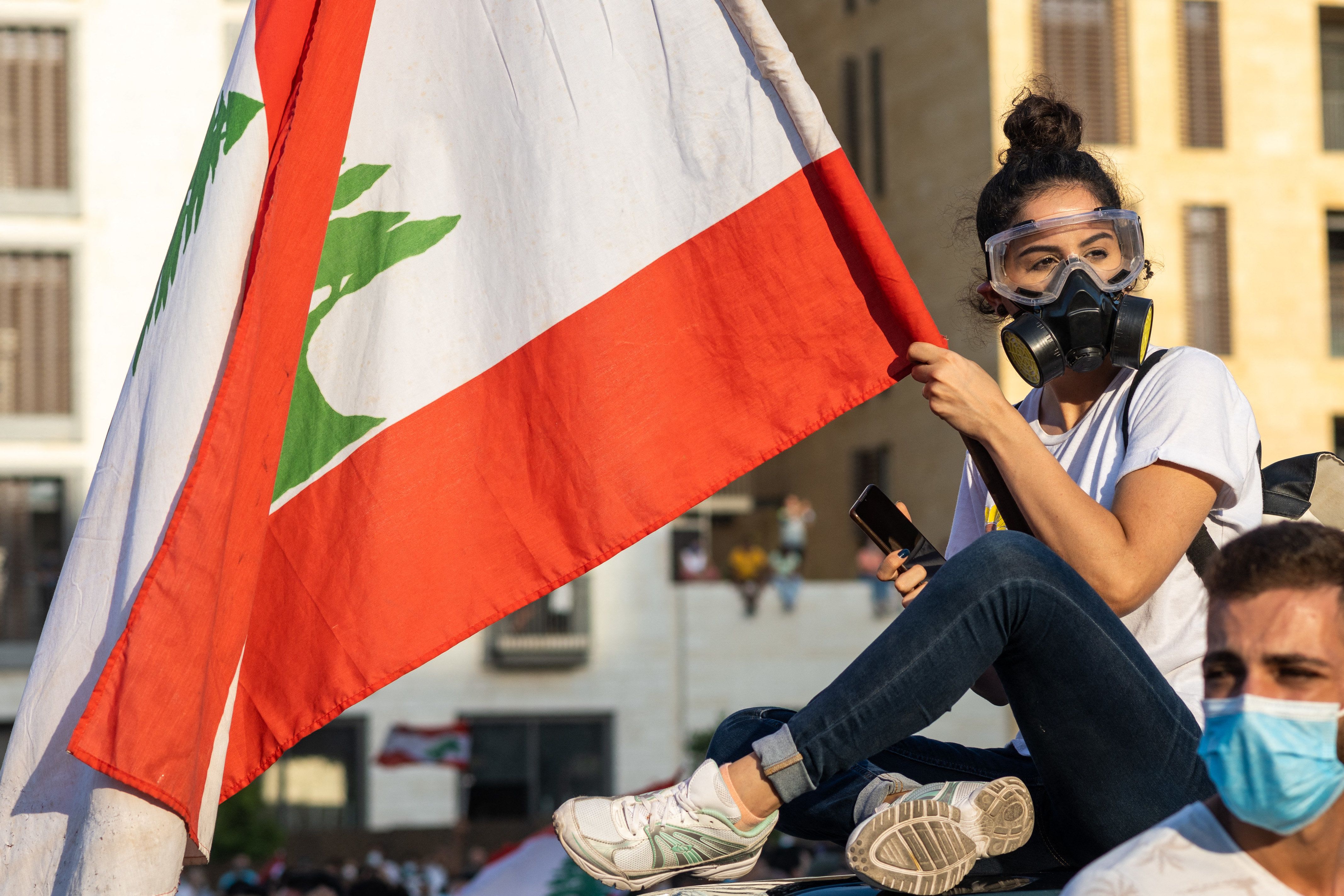Europe
August 10, 2020
Lebanon's government resigns: Lebanon's government resigned on Monday over last week's twin explosions at Beirut's port, which killed at least 160 people and shattered much of the city's downtown areas. After promising a thorough investigation into why dangerous explosives were stored at the port so close to civilian areas, Prime Minister Hassan Diab said he would step down in solidarity with the people." The people in question are furious. Thousands of Lebanese have taken to the streets in recent days demanding "revolution" and the resignation of a political class whose corruption and mismanagement had plunged the country into economic ruin even before last week's blasts. The international community, meanwhile, held a conference on Sunday and pledged $300 million in humanitarian aid to rebuild battered Beirut, with aid distribution to be coordinated by the UN. But the attendees, which included US President Donald Trump, the European Union, and the Gulf Arab states, said that the funds would not be released until the Lebanese government reforms its bloated, inefficient, and corrupt public sector. So far, Beirut's power brokers have resisted change. As rage on the streets intensifies — with angry protesters swarming the city center and setting public property and government buildings ablaze even after cabinet members resigned — it remains unclear who will run Lebanon going forward and guide the country's rebuilding process.
Belarus gets robbed, Russia gets ready: Despite weeks of mass demonstrations against his efforts to rig the presidential election, Belarus' strongman president Alexander Lukashenko claimed he won more than 80 percent of the vote over the weekend, prompting a fresh wave of unrest. The EU panned the improbable results as an affront to freedom and democracy. China and Russia, for their part, coolly congratulated Lukashenko and toasted to closer partnerships with Minsk. After 25 years of grim stability, Belarus is now in uncharted waters. If the protests don't subside, Lukashenko will have to decide whether he has the resolve, and the military support, to crack down harder. If he falters, no one knows what would happen next, but we're keeping a close eye on Russia. Vladimir Putin has had a rocky relationship with fellow alpha-dog Lukashenko over the years, but the last thing the Kremlin wants is upheaval that would bring a "western-backed" government into power next door.
Taliban prisoner release: After months of political impasse, Afghanistan's president Ashraf Ghani has agreed to release several hundred Taliban prisoners still in government jails, opening the way to peace talks with the Taliban under a deal that the US brokered directly with the militant group earlier this year. Until now, the Afghan government has refused to release these prisoners, many of whom are high-profile Taliban members, particularly as Taliban violence has surged throughout the country. But President Ghani may have caved in recent days after US Secretary of State Mike Pompeo warned that US financial aid could be cut off if direct intra-Afghan talks don't move ahead in the near term. For the Trump administration, any political progress in Afghanistan will make it easier to follow through on its promises to reduce the number of US troops in the country after nearly two decades of conflict.
More For You
People in support of former South Korean President Yoon Suk Yeol rally near Seoul Central District Court in Seoul on Feb. 19, 2026. The court sentenced him to life imprisonment the same day for leading an insurrection with his short-lived declaration of martial law in December 2024.
Kyodo
65: The age of former South Korean President Yoon Suk Yeol, who was sentenced to life in prison on Thursday after being found guilty of plotting an insurrection when he declared martial law in 2024.
Most Popular
In an era when geopolitics can feel overwhelming and remote, sometimes the best messengers are made of felt and foam.
Hungarian Prime Minister Viktor Orban holds an international press conference in Budapest, Hungary, January 5, 2026.
REUTERS/Bernadett Szabo/File Photo
The Hungarian election is off to the races, and nationalist Prime Minister Viktor Orbán is facing his most serious challenger in 16 years.
How people in G7 and BRICS countries think their policies will effect future generations.
Eileen Zhang
Does skepticism rule the day in politics? Public opinion data collected as part of the Munich Security Conference’s annual report found that large shares of respondents in G7 and several BRICS countries believed their governments’ policies would leave future generations worse off.
© 2025 GZERO Media. All Rights Reserved | A Eurasia Group media company.
